In a landmark ruling on Monday, South Africa’s highest court, the Constitutional Court, has barred former President Jacob Zuma from contesting a seat in Parliament in the upcoming national election.
The court’s decision stems from Zuma’s previous criminal conviction, which renders him ineligible to stand for office under the country’s constitution.
Join our WhatsApp ChannelThe court’s ruling has significant implications for the country’s political landscape, especially ahead of the crucial election scheduled for May 29. By disqualifying Zuma, the court has heightened political tensions in Africa’s most advanced economy, setting the stage for a potentially pivotal vote.
According to the Constitutional Court, individuals sentenced to more than 12 months in prison without the option of a fine are ineligible to run for parliamentary positions. This provision directly applies to Zuma, who was sentenced to 15 months in prison in 2021 for contempt of court after refusing to testify at a judicial inquiry into government corruption.
READ ALSO: South Africa’s former president Zuma sentenced 15 months jail term
The ruling effectively sidelines Zuma from serving as a lawmaker until five years after completing his criminal sentence. This development comes just days before the scheduled election, adding further complexity to an already tense political environment.
While Jacob Zuma has not yet responded to the court’s decision, a statement from the secretary-general of his new party, uMkhonto weSizwe (MK), indicates that they will respect the ruling while determining their next steps. The statement emphasizes Zuma’s influence within the party, signaling potential strategic adjustments in response to the court’s decision.
The upcoming election poses a significant challenge to the ruling African National Congress (ANC), which has dominated South African politics since the end of apartheid. With the ANC facing pressure to maintain its parliamentary majority, the emergence of Zuma’s MK Party introduces a fresh dynamic that could further fragment the political landscape.
While the ANC remains the frontrunner, Zuma’s MK Party represents a formidable challenge, particularly in light of Zuma’s enduring popularity among certain segments of the population. Despite his disqualification from running for office, the party’s presence on the electoral stage could impact the ANC’s electoral performance.
South Africa’s electoral system, which allocates parliamentary seats based on party votes rather than direct presidential elections, underscores the significance of party dynamics in shaping the country’s political future. The possibility of a coalition government, a rarity since the end of apartheid, adds further uncertainty to the electoral outcome.
The court’s decision to disqualify Zuma underscores the country’s commitment to upholding the rule of law and ensuring the integrity of its democratic processes. However, it also highlights the enduring political influence of figures like Zuma, whose actions continue to reverberate within South Africa’s political landscape.
As the country prepares for the upcoming election, the exclusion of Zuma from the parliamentary race sets the stage for a closely contested electoral contest that could reshape South Africa’s political trajectory for years to come.
Emmanuel Ochayi is a journalist. He is a graduate of the University of Lagos, School of first choice and the nations pride. Emmanuel is keen on exploring writing angles in different areas, including Business, climate change, politics, Education, and others.

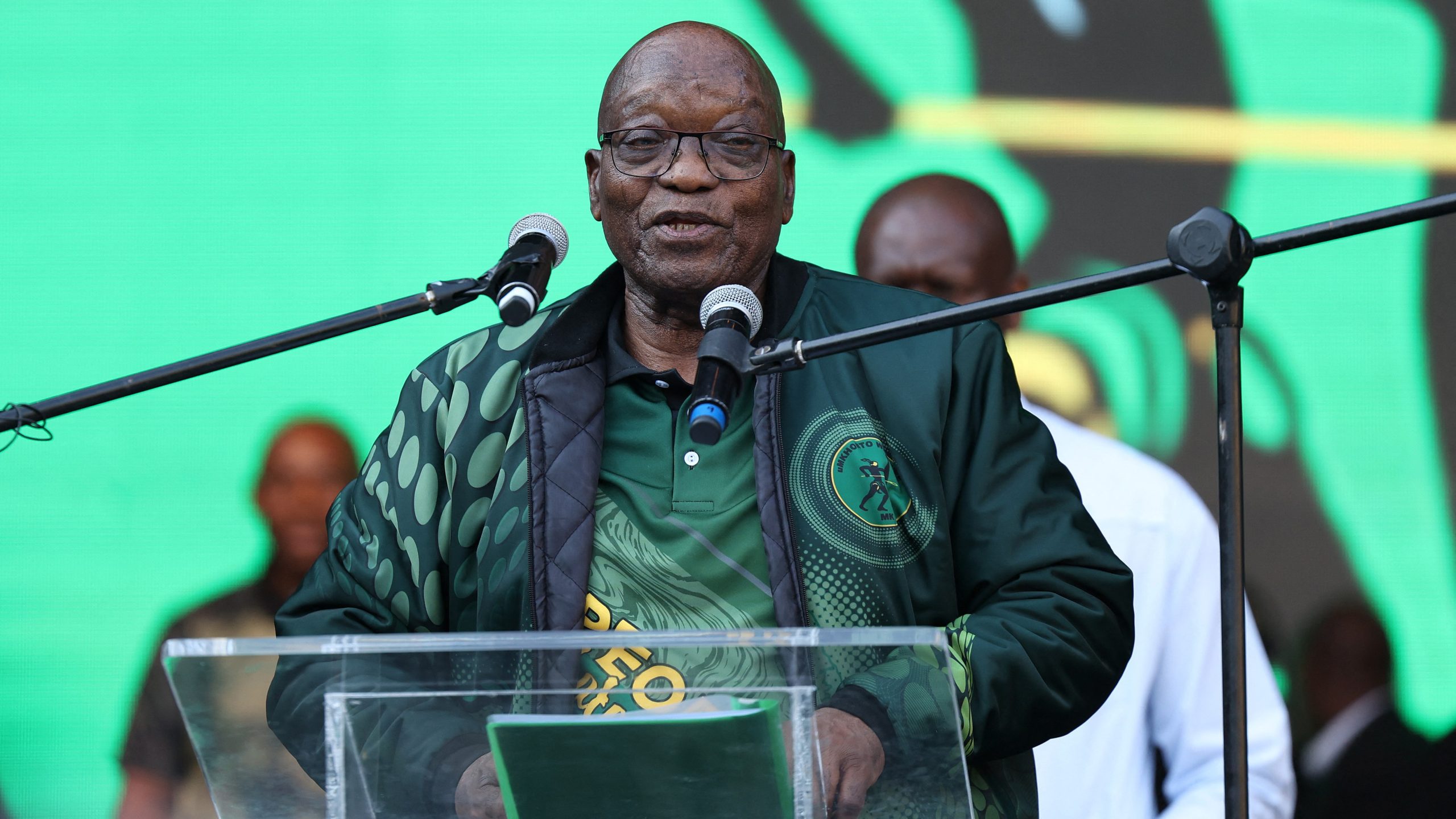




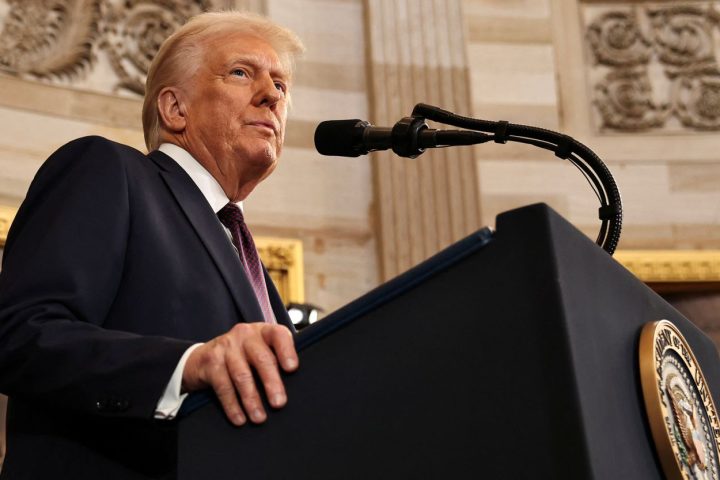

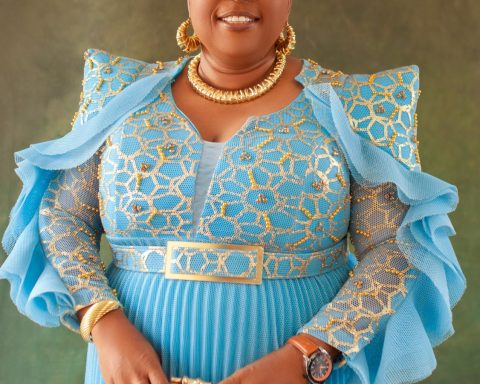
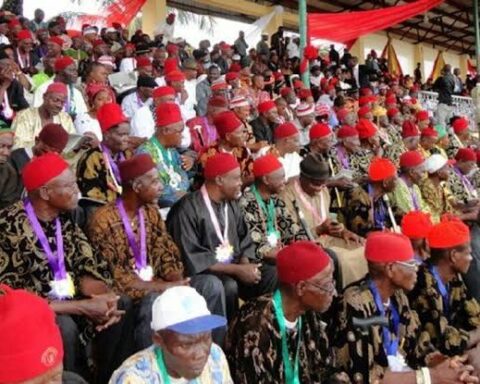
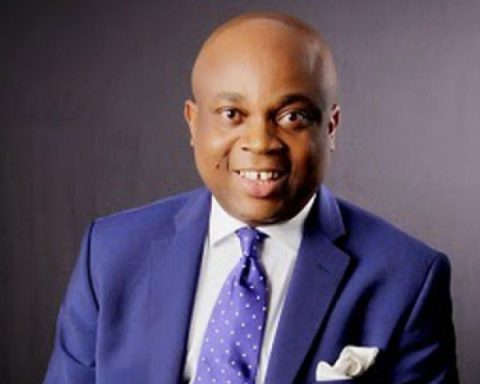
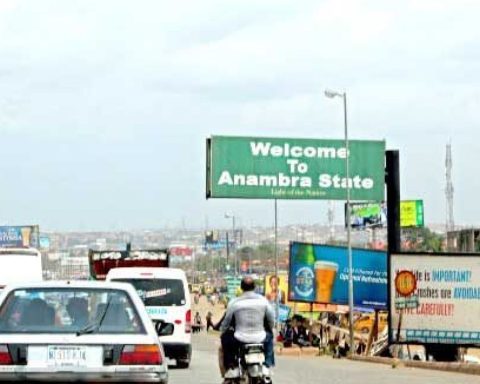







Follow Us